As an emerging Filecoin Layer 2 decentralized data management network, Akave is built to empower the next generation of data-driven applications and marketplaces. Using decentralized architecture, Akave’s on-chain storage chain enables secure, programmable data storage, access, and monetization.
Akave combines cost-effective, high-performance storage with Web3-native capabilities, allowing users to manage and monetize data, setting a new standard for data ownership and control.
Akave is revolutionizing data management and data storage for enterprises, AI companies, and DePIN builders with a decentralized, modular L2 solution that combines the robust storage of Filecoin, which is a decentralized storage network designed to store humanity’s most important information, with cutting-edge encryption and easy-to-use interfaces. Akave is building a world where all data assets live on-chain and scale beyond the cloud.
Africa has a poor archiving and storage practice that leads to a significant gap in history. Without Africans having proper archives, most official public records can be altered or be a misrepresentation of the truth or a contradictory scenario of what has happened.
These issues stem from a variety of factors, including limited resources, lack of infrastructure, and political instability in certain regions. For example, in many African countries, archives are often stored in physical formats that are vulnerable to damage from climate conditions, neglect, or conflict.
In some African countries, political instability and inconsistent government funding have led to poor record-keeping practices. For instance, Nigeria has struggled with archiving government documents and records, often resulting in incomplete or contradictory information being made available to the public. These gaps in official data can lead to misinterpretations of history, policies, and social dynamics.
Additionally, there is also the problem of data integrity and accessibility. In many parts of Africa, data collected for research, policy-making, or governance is not easily accessible or publicly available, leading to a lack of transparency.
Digital archiving offers a solution to these challenges, but it also introduces new problems, particularly around data privacy, security, and the centralization of control. Traditional, centralized platforms often face issues like censorship, manipulation, and data breaches, which threaten the integrity of the archives.
With its decentralized, transparent, and tamper-proof nature, this is where blockchain technology can play a key role in preserving African history and data. On-chain data makes it harder to alter, manipulate, or erase information, ensuring that historical, cultural, and political records are preserved accurately.
Storing information on-chain has numerous benefits, including preserving the cultural, political, and social history of a place as it happened.
To fix the challenges like privacy issues, flexibility, and dependence on third-party control that traditional centralized data platforms face, Akave’s decentralized marketplace presents a solution that offers a secure, transparent, and efficient approach to data exchange. By utilizing blockchain technology and smart contracts, the platform removes intermediaries, giving users full control over their data.
According to Akave’s partner, Ken Seiff, Managing Partner of Blockchange Ventures, enterprise customers have not been able to take advantage of the promise of decentralized cloud solutions. In his words:
Despite an abundance of supply, the prospect for better security, and the opportunity to radically reduce costs, the market lacked the necessary architectures, tooling, and interfaces to win enterprise clients. Akave solves this, and by doing so, we believe they are unlocking a massive new market for decentralized data solutions.
In line with Akave’s mission to bring datasets on-chain, they launched the Yucca Testnet for early testers and developers who want to seamlessly integrate on-chain data management solutions into their projects. The Yucca Testnet provides a sandbox environment to explore Akave’s multi-tier storage architecture, enabling users to upload, store, and monetize data using decentralized technologies.
With its Yucca Testnet now live for early testers, Akave invites exploration into on-chain data management, setting a new standard for decentralized data exchange that empowers organizations to control and manage large datasets directly on Filecoin. By moving beyond traditional cloud solutions, Akave is pioneering on-chain data lakes, providing the infrastructure needed for secure, transparent, and efficient data management at scale.
Find out more about Akave, here.
